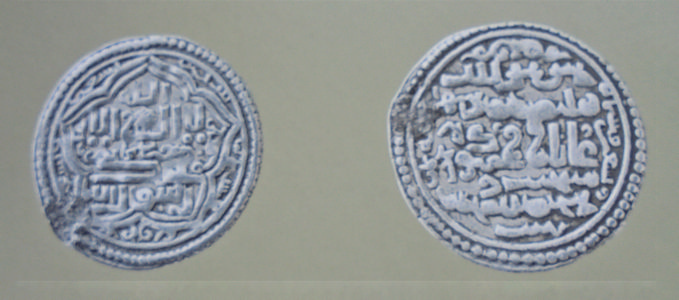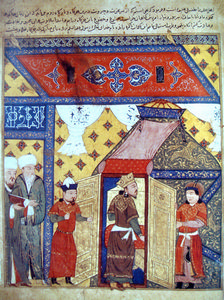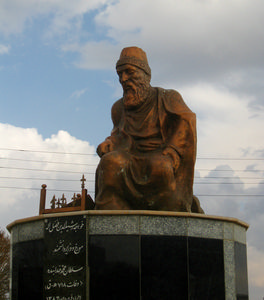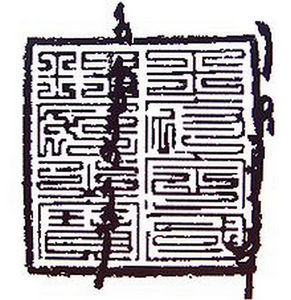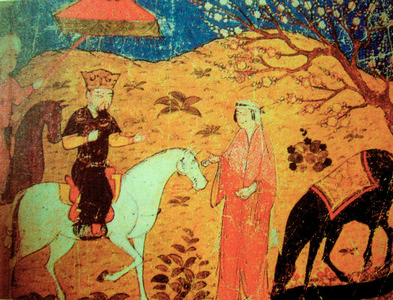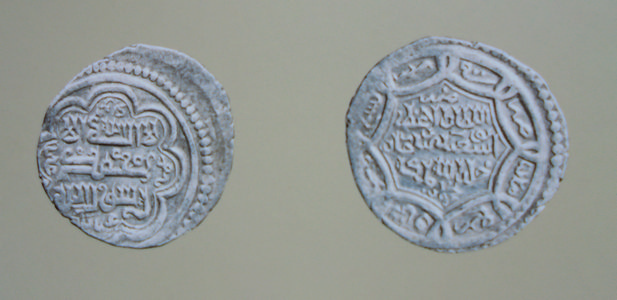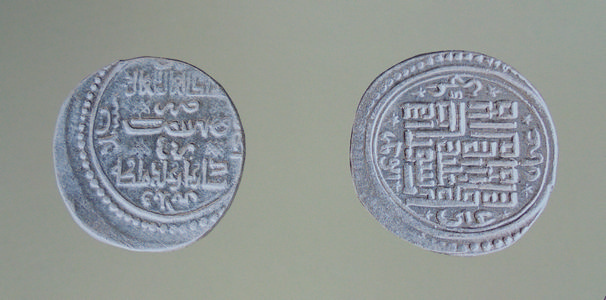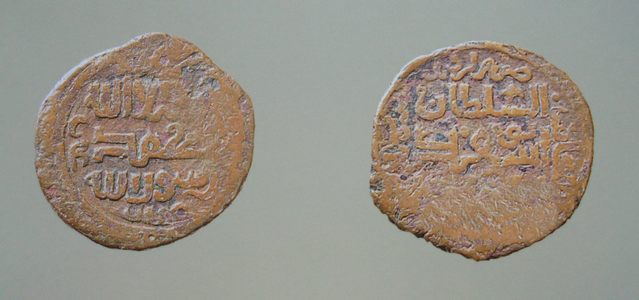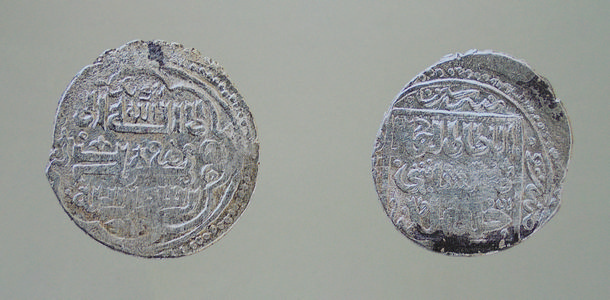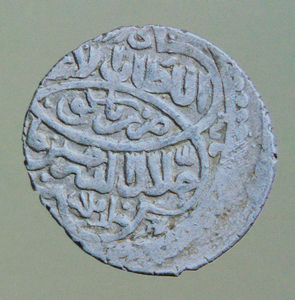Azerbaijan's economy during the Mongols
"Field policy". Three Mongol invasions of Azerbaijan caused great economic destruction and resulted in massacres. The nomadic and pagan Mongol nobles and warriors were not at all interested in the sedentary agriculture, handicrafts, and urban life of the countries they captured, especially the civilian population. The captured lands were important to the Mongols only as pastures and meadows. Such a "pasture policy" pursued by the Mongols today had a negative impact on economic development.
Juwayni, a chronicler who witnessed the events, wrote that as a result of the Mongol invasions, "where there were a hundred thousand people, there were not a hundred left." As a result of the Mongol invasions, many regions of Azerbaijan, especially the Caspian Sea, were completely evacuated. Fazlullah Rashidaddin, a statesman and historian, wrote: “In the densely populated cities of Maragha, Ardabil, Ganja, Barda and other cities, the Mongols committed such a massacre that only a few people survived.... the crops were left alone. ”
According to Hamdullah Qazvini's Nuzhat-ul-Qulub, in 1220-1340 the income from the state treasury from South Azerbaijan (including Nakhchivan region) increased from 20 million dinars to 2 million 160 thousand dinars, and the state income from Aran and Mugan 3 303 thousand from one million dinars, income from Shirvan fell from 1 million to 113 thousand dinars. Thus, the state income of Azerbaijan decreased tenfold from 25 million dinars in 1220 to 2,694,000 dinars in the 1440s. These figures clearly demonstrate the dire economic consequences of Mongol rule.
The name of Kazan khan, the ruler of Hulagu, has remained in our history as a great reformer. During the short period of his rule (1295-1304), Qazan khan carried out reforms in almost all spheres of public administration and public life.
Reforms of Kazan khan. Kazan khan (1295-1304) was the first to carry out religious reform as soon as he came to power in the Hulagu state, and in 1295, at a congress in Karabakh, he converted to Islam with his nobles and army. Islam became the official state religion of the Hulagu. In 1298, Fazlullah Rashidaddin Qazan khan, originally from Hamadan, was appointed vizier and a series of reforms were carried out in the country.
The land dependence of the peasants was legalized. The tax system has been improved, and arbitrariness has been prevented. Based on the example of Tabriz, uniform units of weight and measurement were introduced throughout the country. State-owned workshops were established, and then the issue of providing artists with jobs on the basis of the state order was resolved. Land ownership issues have been regulated by law, and the judicial system has been improved. Trade routes were secured. As a result of the reforms, the economy of the Hulagu state was relatively revived, and the role of Azerbaijani cities and local nobles in the state was strengthened.
